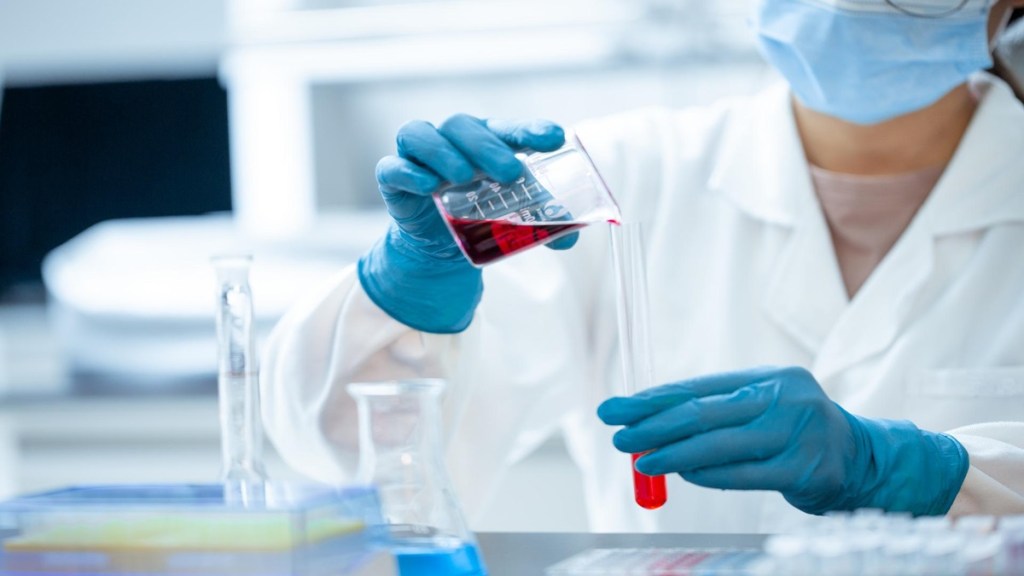By Dr. Ankur Jindal
A rare autosomal dominant disorder that is characterized by frequent episodes of painful, usually asymmetric, swellings without urticaria, Hereditary Angioedema (HAE) may lead to significant morbidity and at times mortality if a laryngeal attack is not treated appropriately.
HAE must be considered in all patients with recurrent episodes of angioedema without urticaria and unexplained abdomen pain. Measurements of serum C4 and C1 inhibitor (C1-INH) levels and C1-INH function are used to confirm the diagnosis of HAE. Given the rarity of the disorder, delays in diagnosis and misdiagnosis are common. The pregnancy and postpartum periods are especially important for patients with HAE.
Early Diagnosis is essential
Diagnosing HAE as early as possible is essential to avoid morbidity and mortality associated with this disease. Once the diagnosis of HAE is confirmed in a patient, it is essential to screen parents, children, and siblings, even if they are asymptomatic. It has been observed that the risk of mortality is higher when the diagnosis of HAE is unknown. It has also been observed that a few patients may remain asymptomatic for several years and at times the first episode may prove to be fatal.
HAE is of three types. Type 1 HAE is characterized by decreased levels and/or function of C1-INH protein while type 2 HAE has normal levels of C1-INH protein but C1-INH is functionally abnormal. Patients with type 3 HAE have normal C1-INH levels and normal C1-INH function. Management of HAE has been divided into 1. On demand treatment (i.e., to abort an acute attack of angioedema); 2. Long-term prophylaxis (i.e., to prevent an episode of angioedema in patients who
have very frequent episodes); and 3. Short-term prophylaxis (i.e., given to prevent an episode of angioedema during certain procedures such as dental extraction where the risk of laryngeal oedema is very high).
Implications of HAE during Pregnancy
Because of influence of hormones, the clinical course of HAE may exacerbate during pregnancy and during post-partum period. Moreover, there are limited therapeutic options that can be used during pregnancy because of their concern of side effects on the foetus. HAE may rarely present for the first-time during pregnancy or during post-partum. In women with
normal C1-INH-HAE (type 3 HAE), it is not rare for the first symptom to develop during pregnancy or post-partum. It is important to keep a high index of suspicion in these cases.
During pregnancy, serum C1-INH testing must be interpreted cautiously because transiently low levels of C1-INH may be seen in normal pregnant females. This may be linked to a rise in plasma volume during pregnancy. Moreover, reduced functional levels of plasma C1-INH have also been reported in females with nC1-INH-HAE during pregnancy. Hence, it is important to repeat these tests, whenever in doubt.
Genetic testing of patients with HAE
HAE is a genetic disorder and genetic testing should ideally be done in all patients with HAE. Genetic test not only helps in confirming the diagnosis, it also helps in doing genetic counselling; may also facilitate testing of the foetus (antenatal diagnosis) and testing during the first year of life as plasma C4 and C1-INH levels may not be reliable during the first year of life. Genetic testing of foetus is usually done by either using amniotic fluid or a chorionic villus sample (CVS). Preimplantation genetic diagnosis is now being increasingly utilized for several genetic disorders including HAE. Genetic testing of parents is a must before opting for a preimplantation genetic diagnosis.
It is, however, important to note that a genetic defect may only be identified in approximately 90% of patients with type 1 and type 2 HAE.
Successful and safe delivery in patients with HAE
With advancements in medical technologies and the availability of plasma-derived C1-INH therapy, it is possible to have a successful pregnancy and safe delivery for all patients with HAE. However, patients must be cautioned about the risk of increased frequency of episodes in pregnancy and lactation and limitations about use of certain drugs such as androgens during pregnancy.
Androgens are a commonly used treatment for long-term prophylaxis of HAE in India. However, androgens are contraindicated during pregnancy and lactation. If a woman with HAE is taking androgens for long-term prophylaxis, these drugs must be discontinued before planning a pregnancy. Plasma-derived C1-INH is the only recommended treatment during pregnancy and lactation. It has been observed that the risk of angioedema is very less during delivery. However, one must be
prepared for administering plasma-derived C1-INH if needed. Nevertheless, it is extremely important that all pregnancies in patients with HAE are supervised and these deliveries must be carried out in hospitals with adequate back-up to deal with an emergency.
It is also important to note that if the foetus is affected with HAE, the risk of angioedema is very rare during foetal life and during the first 2 years after birth. If any of the 2 parents are affected with HAE, the child should ideally be screened during the first year of life. As C1-INH levels may be falsely low in the first year, these tests should be repeated after the first birthday or if the genetic diagnosis is known for parents, the same test can be carried out on the child.
(The author is an Assistant professor of Paediatric Clinical Immunology and Rheumatology at PGIMER. The article is for informational purposes only. Please consult medical experts and health professionals before starting any therapy, medication and/or remedy. Views expressed are personal and do not reflect the official position or policy of the FinancialExpress.com.)








